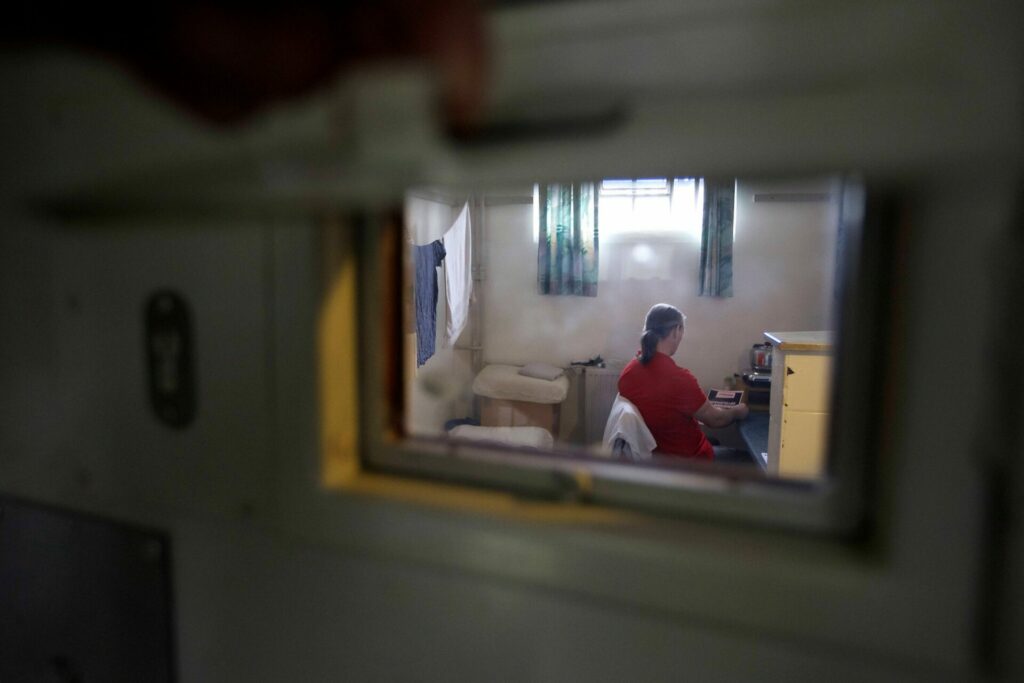Video visits for people in prison were first launched two years ago in light of the pandemic, but they have since been fully integrated into the system to help detainees prepare themselves for integration, including digitally.
Since the digital visits were launched, some 272,000 video visits have already taken place in Belgian prisons. They allow prisoners to maintain closer contact with their families by giving detainees the opportunity to remotely attend birthday parties and other celebrations, for example.
"I spoke to a prisoner who, thanks to the video link, was able to see his 15-month-old daughter, which would never have been the case otherwise," said Federal Justice Minister Vincent Van Quickenborne, who wants to maximise the use of meaningful detention so that prisoners can also prepare themselves digitally for reintegration.
Related News
- Prison overcrowding in Belgium delays application of ‘shorter sentences’
- Prison reform: Belgium increases psychiatric support for inmates
"More than that, seeing his children kept him going and motivated him to work on his future. Someone else told me how it was much less stressful for his children to maintain contact that way, rather than in a frightening environment like prison."
Work opportunities
Digital visits were launched in May 2020 in light of the spread of Covid-19, and were particularly popular during the first six months of the pandemic, as no physical visits were allowed. Video rooms were set up in prisons, while older laptops were re-formatted and used again.
Even when restrictions were lifted on visits to prisons, the principle of video visits remained. Aside from helping detainees stay in contact with their loved ones — reducing alienation upon release — video calls are also increasingly being used to help prisoners apply for jobs, take training courses or look for accommodation in preparation for their release.
"These are all ways in which prisoners are better prepared for their release," Van Quickenborne said.

